There are three main ways to use essential oils: through smell, on the skin, or through ingesting* (we do not recommend the ingestion of essential oils without first consulting your GP, as certain oils are not meant to be consumed and can be toxic). The scent is the "aromatic use" of essential oils. Aromatherapy teachings tell us that selected essential oils carry unique, characteristic aromas that are said to have unique benefits for your emotional and mental wellbeing. The aromas of oils is primarily sense through a diffuser and can also be used in perfume. When it comes to physical health, essential oils are widely used for massage, as they were in ancient times, as well as infused into skincare lotions or moisturizers. When applied topically, the oil absorbs into the skin and improves its glow and texture.
As you can see, these tiny yet potent bottles of oil carry significant value for so many aspects of one's health. Perhaps one of their more popular uses in hot spas and saunas. When just a few drops of essential oil are added to a sauna water bucket, the steam gives off the fragrance once water is poured over the sauna stones.
Maybe it is all this talk of essential oils and baths, but it honestly sounds more divine right now. It turns out I am not the only one, either. From bath bombs to body washes, essential oils have become increasingly popular in bath time products, so there are many ways to infuse them into your bath.
Aromatherapy is like the cherry on top of a luxurious bubble bath, and with so many essential oils, you get to create your perfect experience, from benefit to scent. Eucalyptus is always a popular choice for bath time for its ability to help relieve aches and pains. Mixing eucalyptus in with hot water is the perfect combination for sore muscles. Although eucalyptus does have a sharp smell, so some might choose to use oils like sweet orange or geranium instead. Citrus essential oils, such as lemon oil, is also a good option for bath time for its antimicrobial and detoxifying properties.
When it comes to bath time, there is one essential oil we have yet to mention. This oil is likely the most widely used in baths because it is so widely known to promote relaxation - lavender. When we think of taking a bath, it usually involves at least a half-hour commitment during our day or evening, at a time when we are feeling particularly stressed or called to relax for a little while. Unless you bathe regularly as opposed to shower, for most of us, a bath is like a luxury, which is why we want to make it as perfect and relaxing as it could be. A few drops of lavender essential oil in the bath can promote a sense of calm and relaxation and even a more restful sleep. So, especially if you are a nighttime bather, you can't go wrong with lavender.


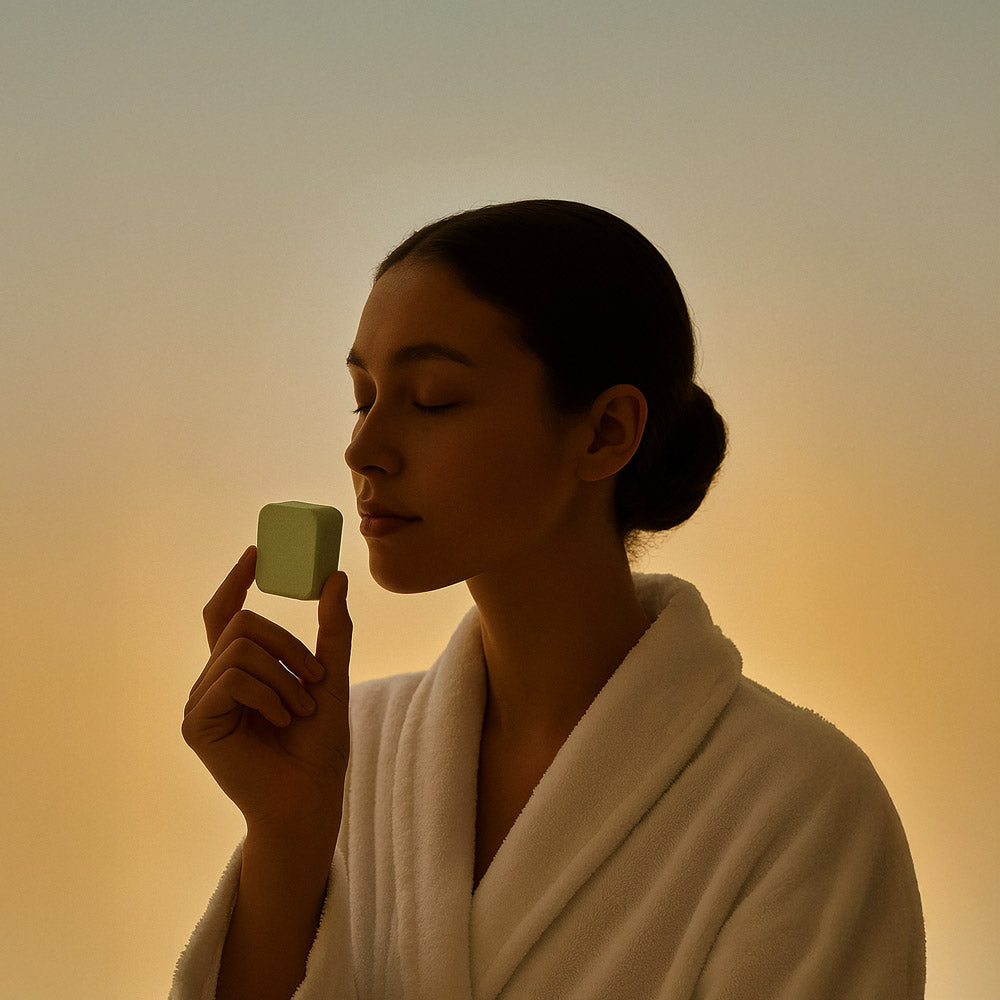
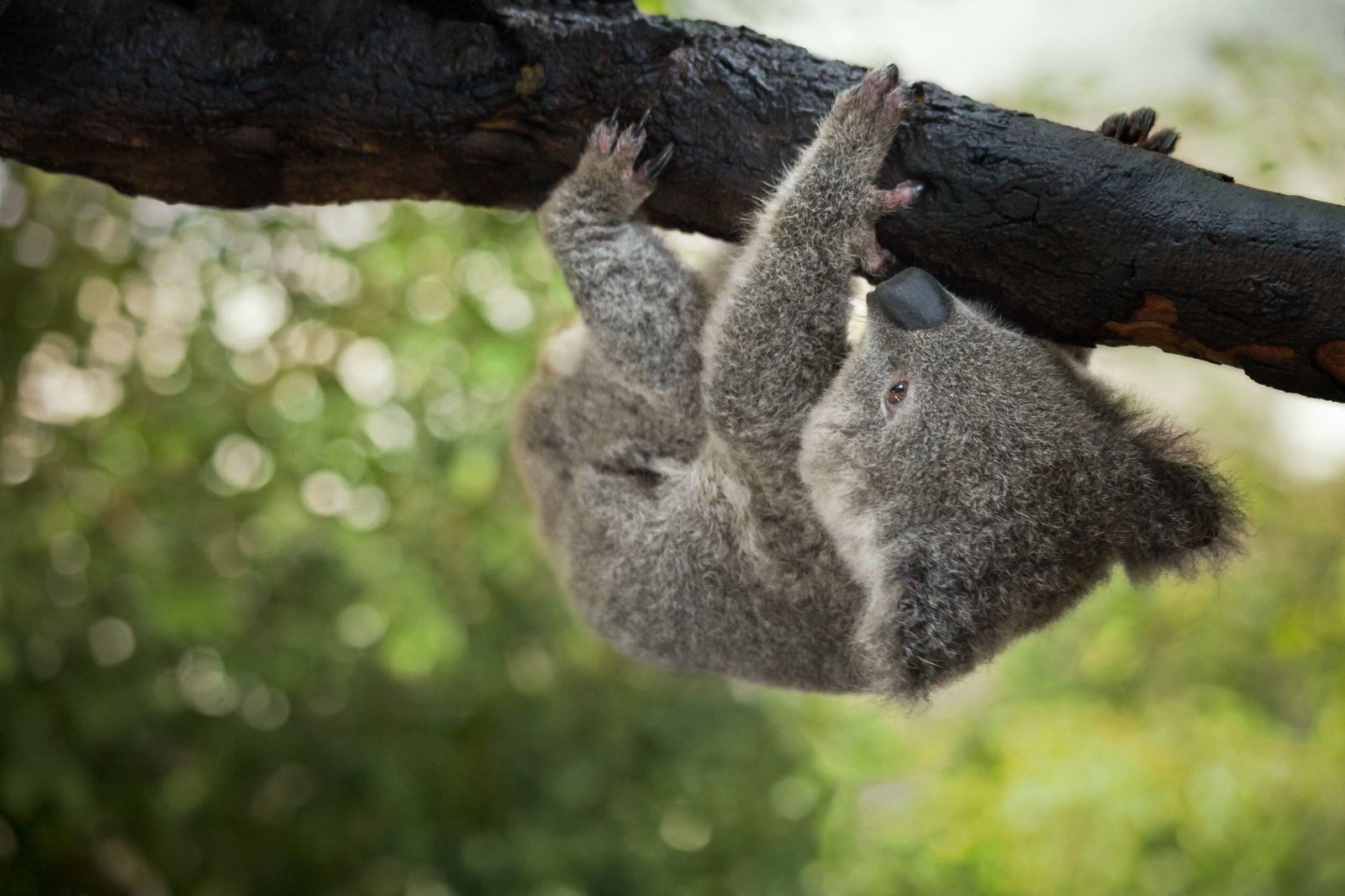
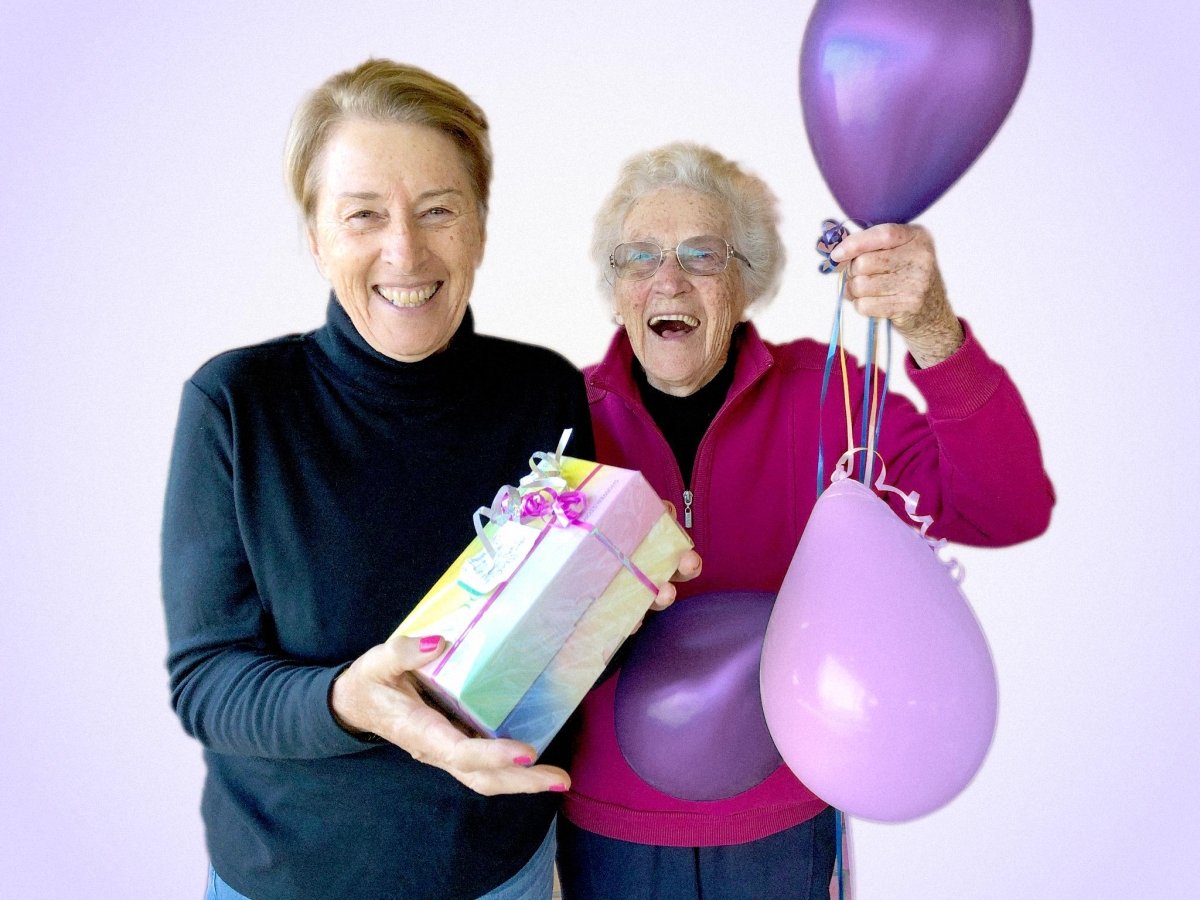
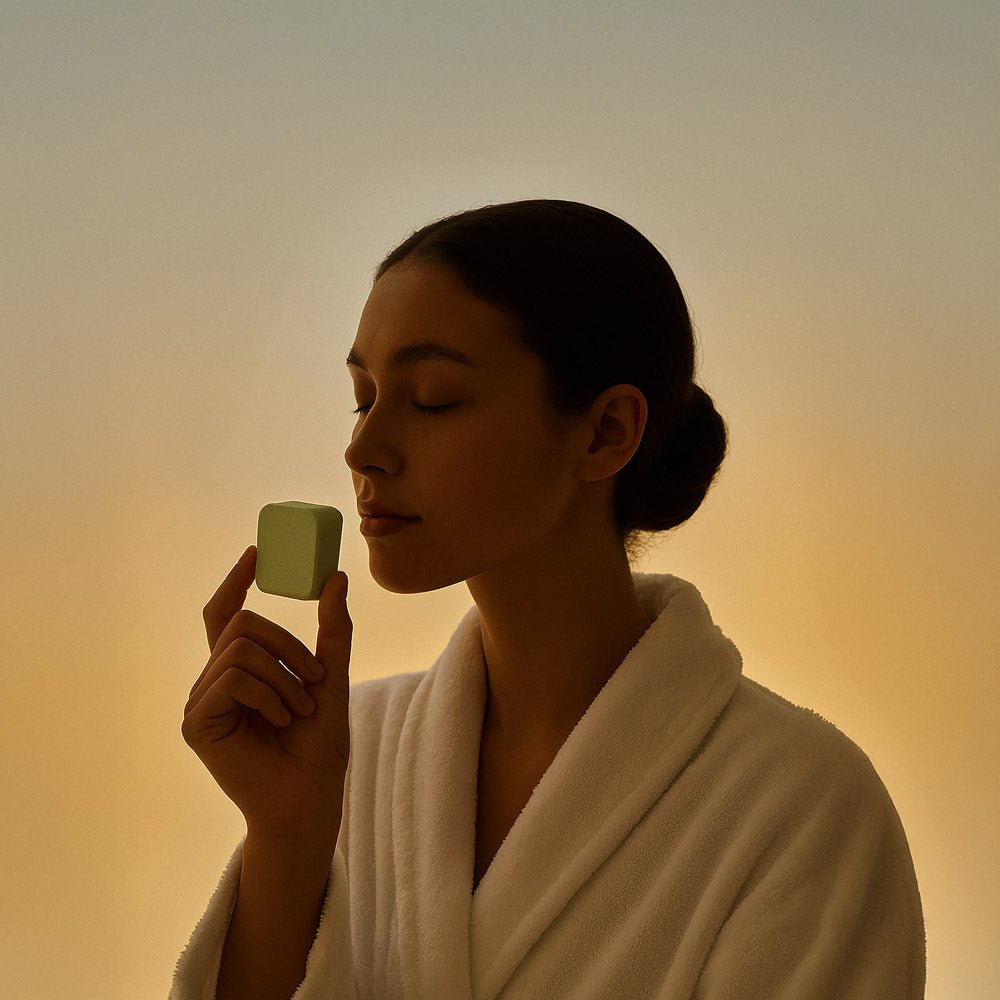
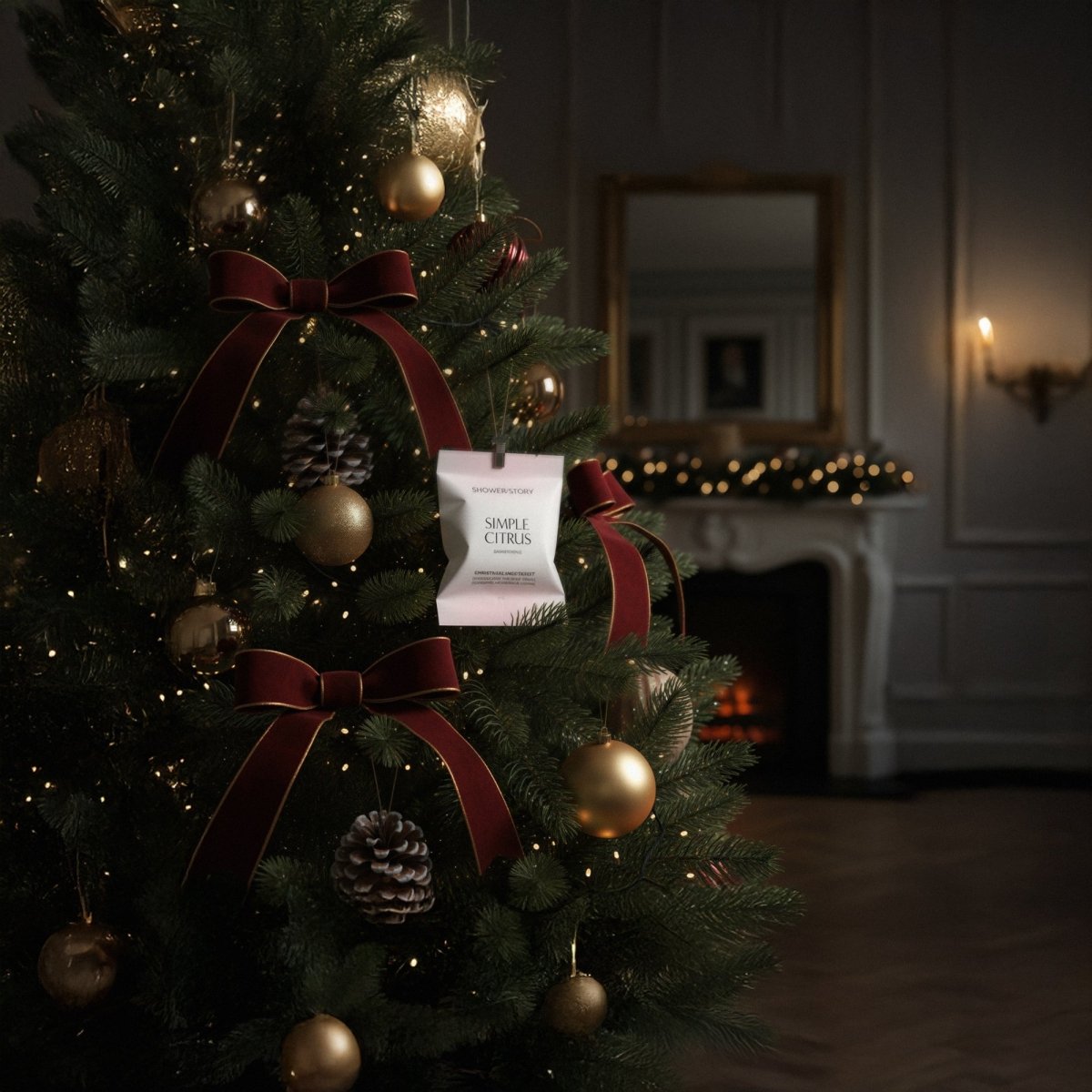
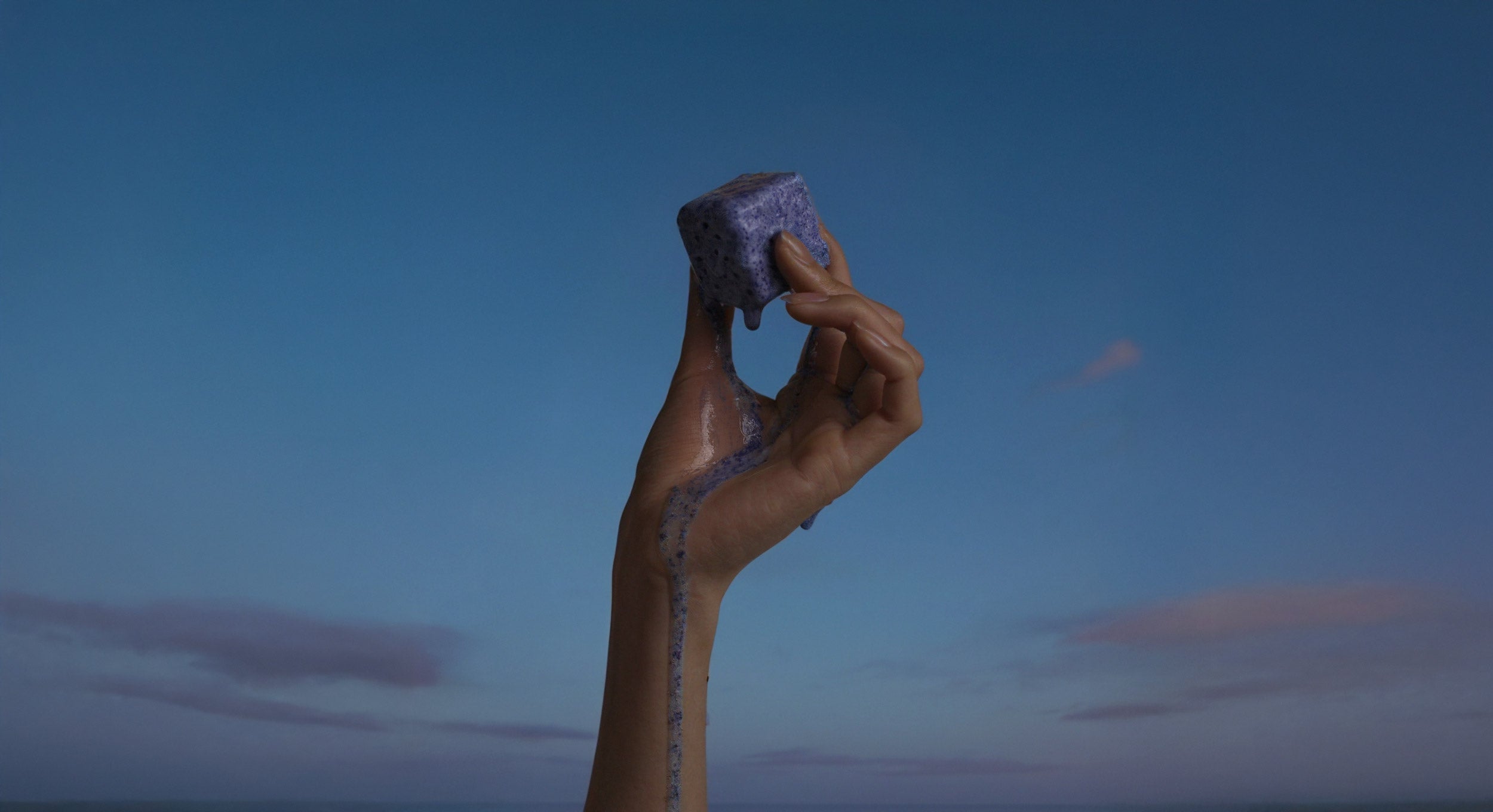






Leave a comment
This site is protected by hCaptcha and the hCaptcha Privacy Policy and Terms of Service apply.